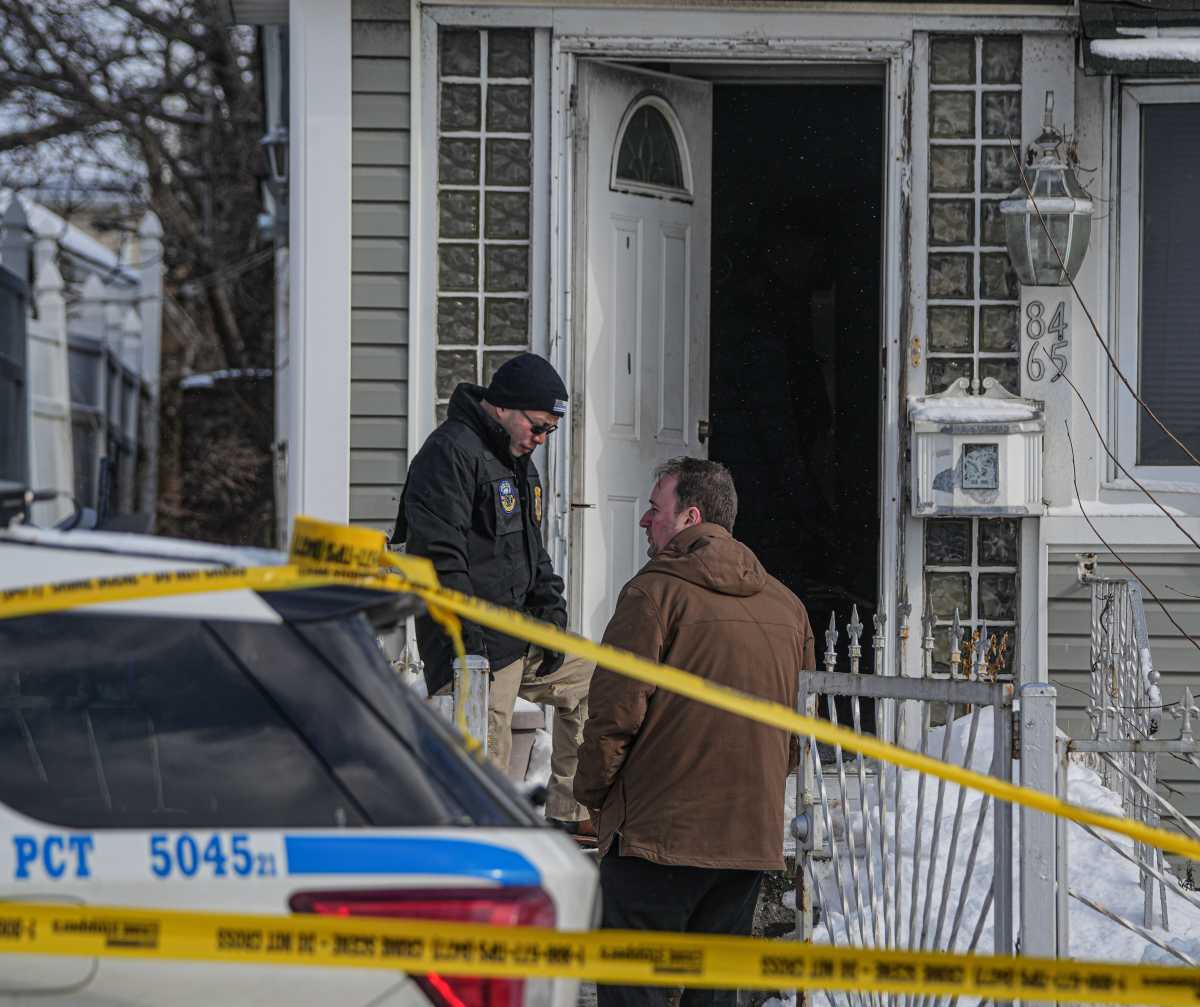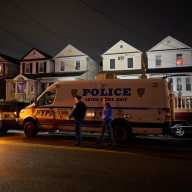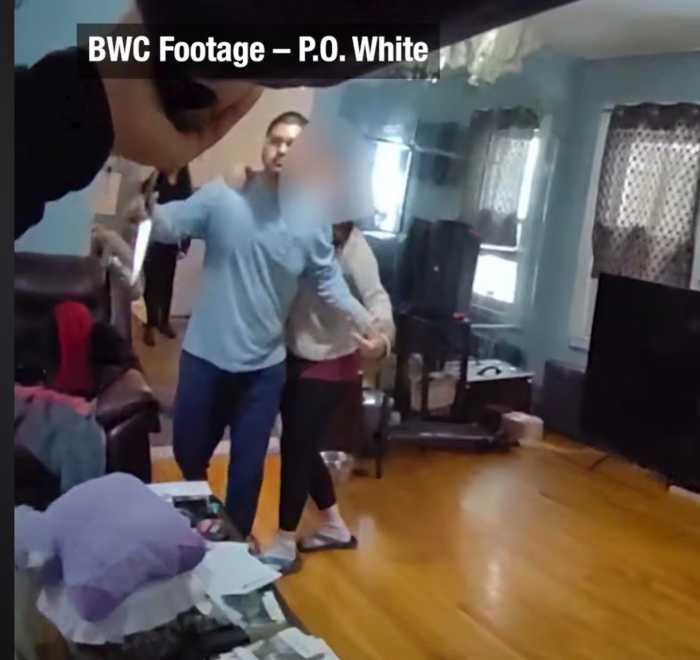The NYPD reported a 22 percent increase in rape cases citywide, but that number is nowhere near the real story about sexual assault in New York City, according to Queens City Councilman Rory Lancman.
For several years now, the NYPD and the de Blasio administration have been able to boast that New York City is the safest big city in the country, and they could do it again last year except for the 22 percent increase in reported rape cases. But Lancman — who’s running for Queens district attorney — warns the situation is even worse with new NYPD data that shows the department determined a crime did not occur in nearly 500 rape cases due to an alleged lack of participation from victims or because the rape was unfounded.
Lancman recently shared the data with The Appeal, an online publication that focuses on criminal justice issues, emphasizing that at 14.2 percent, the rate of unfounded rapes in Queens, meaning a false report or complaint that does not fit the definition of a penal law crime, is significantly higher than that of any other borough.
“Queens has an unfounded rate that is just off the charts and should be ringing alarm bells at the Queens district attorney’s office and One Police Plaza,” Lancman told The Appeal. “The NYPD’s date would suggest there’s just a rash of women across the city and particularly in Queens making up rape complaints to amuse themselves, and that is nuts.”
Lancman grilled the NYPD’s top brass during a City Council hearing last month.
“Can you tell us what the percentage of rape or sexual assault cases that the NYPD deemed to be unfounded or closed because the witness is uncooperative?” Lancman asked Police Commissioner James O’Neill. “Do you keep those statistics?”
O’Neill could not deliver the stats during the hearing, saying, “We are absolutely committed to providing justice for survivors of sexual assault and we do this in a number of ways. We do this in making sure we have enough personnel in Special Victims. We put new leadership in there.”
And that is true. Following the release of a scathing report by the city’s Department of Investigation in March 2018 showed that from 2009 to 2017, the NYPD Special Victims Division was consistently understaffed, sometimes by almost 30 detectives.
The yearlong investigation showed the average available time investigators in adult sex crimes units had to allocate each case was nearly 17 hours in Queens in 2009, but fell each year to just six hours and 22 minutes in 2017.
O’Neill acted swiftly with a “top-to-bottom scrubs” replacing the commanding officer of the Special Victims Division with the commander of the 109th Precinct in Flushing. O’Neill promoted Inspector Judith Harrison to deputy chief, and the lifelong Queens resident, with 22 years on the force, has been overhauling the team since November.
“The NYPD is committed to ensuring that all sexual assault survivors feel the safety and support needed to come forward and help the NYPD bring them the justice they deserve,” an NYPD spokeswoman said. “The NYPD has made major improvements to strengthen the Special Victims Division with a victim-centered approach, including new leadership, adding investigators to the squads, significant policy enhancements, facility improvements and deepened training to amplify the department’s ability to respond effectively to survivors, while continuing to conduct full and thorough investigations.”
The spokeswoman explained that given the nature of sex crimes, particularly the short- and long-term effects such crimes have on victims, the Special Victims Division developed the classification of “complainant not participating at this time” when a survivor chooses to disengage from an investigation. This is a category unique to the division; no other NYPD bureau has it. Nor did it address Lancman’s concern over the high rate of “unfounded” rape cases which is separate and different, according to Lancman’s office.
“We recognize the need to empower survivors of these crimes, and providing them with control over their participation in such investigations does that,” the spokeswoman said. “The level of participation by a survivor in an investigation, including temporarily or permanently disengaging, is their decision. If sufficient evidence exists for the Department to actively pursue investigative leads without the survivor’s assistance, we will do so, with the goal of apprehending predators before they strike again. However, if all leads have been exhausted with insufficient probable cause having been developed to effect an arrest and a survivor wished to disengage from an investigation, the case will be closed under the classification ‘complainant not participating at this time’ and will be reopened either when new evidence emerges or when the survivor chooses to re-engage.”
































